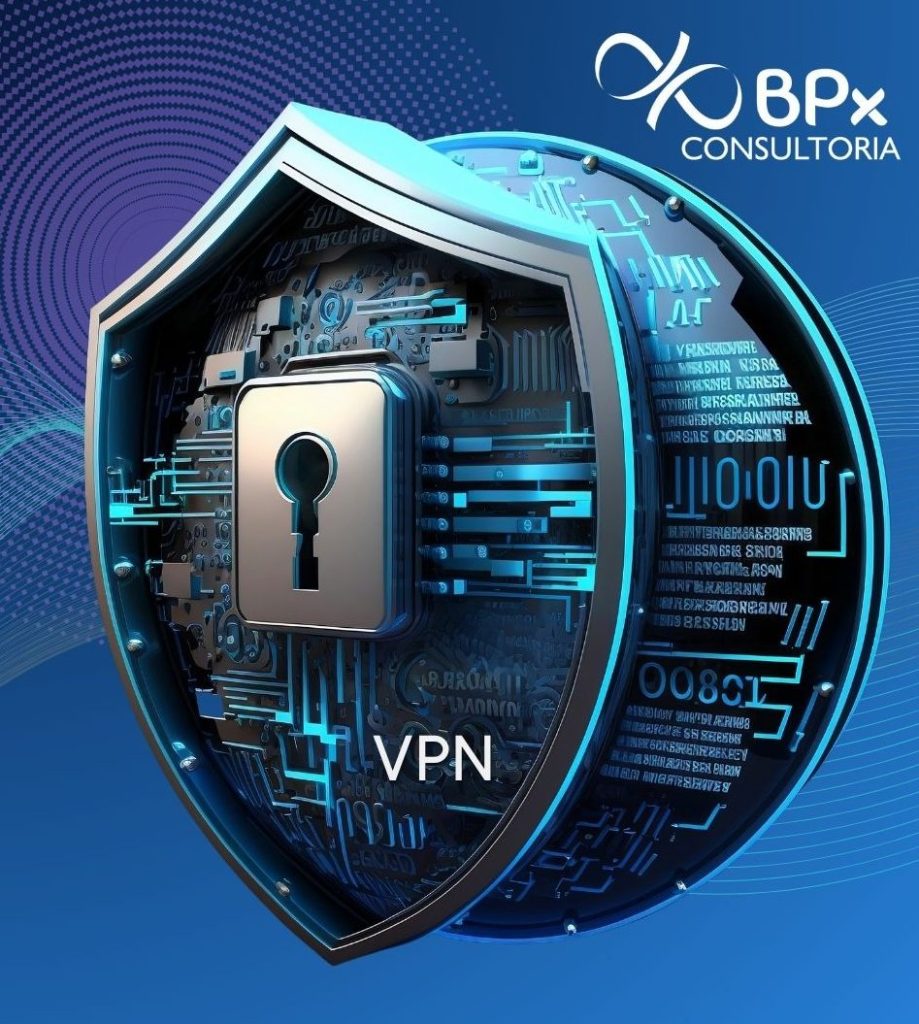VPN (Virtual Private Network): Protecting Your Online Privacy

What is a VPN?
A VPN (Virtual Private Network) is a digital security service that allows users to access the internet as if they were connected to a private network. In simple terms, it acts like a privacy shield on the internet. To better understand this, imagine the internet as a busy street filled with people and cars. When you browse the internet without a VPN, it’s like walking down this street without any protection, where anyone can see what you’re doing, where you’re going, and what you’re carrying.
With a VPN, it’s as if you’re wearing an “invisibility cloak” that protects you and your data, making it impossible for others on the street to see what you’re doing. Additionally, a VPN can change your virtual route, making it appear as if you’re in a different location.
Public VPN:
What is it? It is a VPN service provided by companies that you can subscribe to. Various users share the same service, which is managed by the provider company.
How does it work? When you use a public VPN, your internet connection is protected, and all your traffic is redirected through the provider company’s servers.
Security: Generally secure, but since many users share the service, there are some risks. Therefore, it is crucial to choose a reliable company.
Private VPN:
What is it? It is a VPN created specifically for an organization or personal use, offering a level of exclusivity and customization.
How does it work? You or your company set up and manage this VPN, using your own servers and establishing your own security rules.
Security: Much more secure since it is used exclusively by you or your organization, providing greater control over data privacy and security.
Both public and private VPNs protect your online activities, but a private VPN offers higher control and security, being tailored to meet your specific needs.
Data Protection and Access Control
A VPN uses encryption, which works like a “secret code” to scramble data, allowing only authorized people to access the information. So, even if you are connected in a public place, like a coffee shop, and someone tries to intercept your data, all they will see is encrypted information that is impossible to decipher without authorization.
Moreover, a VPN helps with access control because a computer can only connect to a VPN-protected resource if it is authenticated and connected to that secure network.


